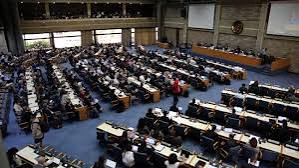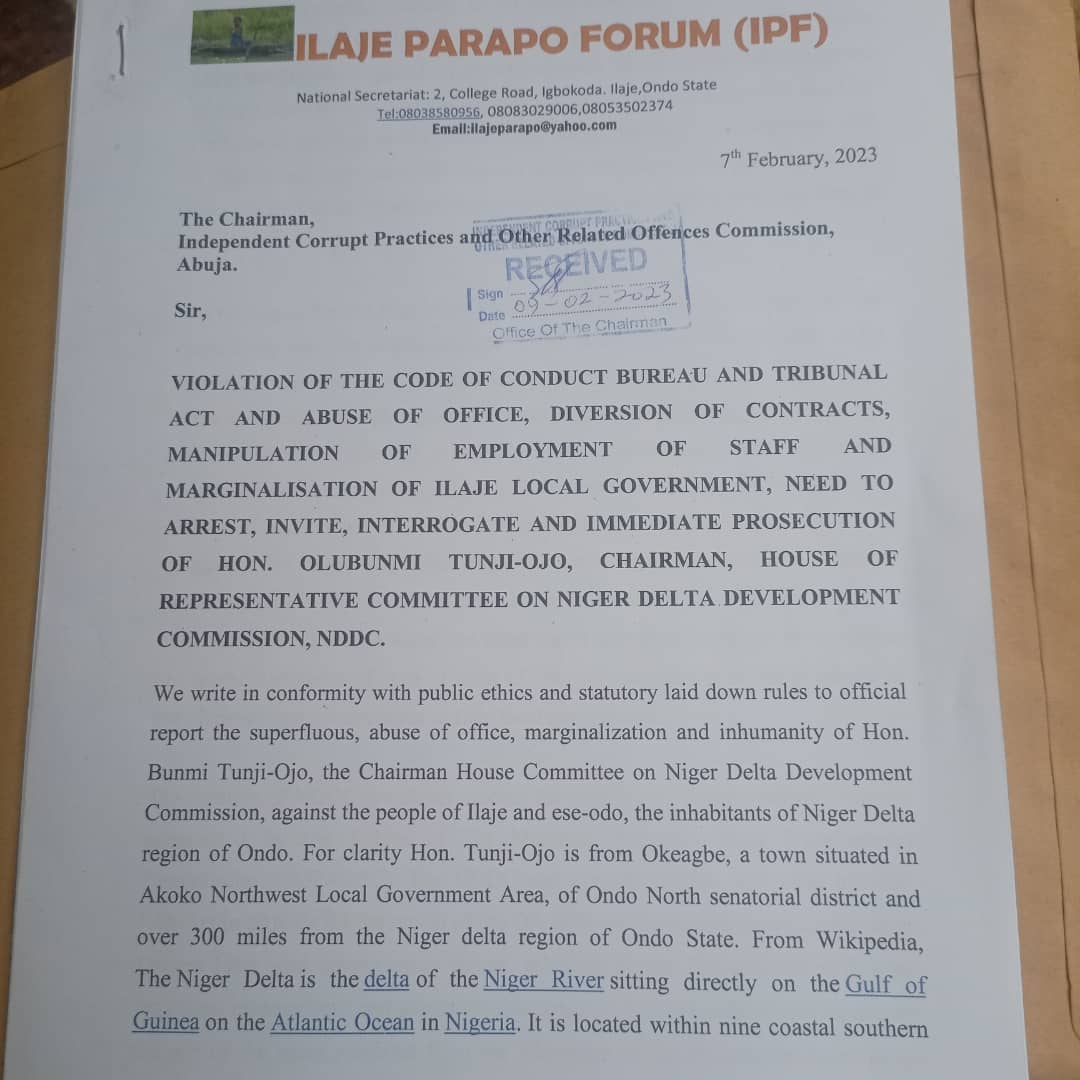UN ends session in Nairobi, advances talk on biodiversity, health through science, technology

By Samuel Ogunsona
The United Nations, (UN), 26th session of the Subsidiary Body on Scientific, Technical and Technological Advice (SBSTTA-26) of the Convention on Biological Diversity (CBD), has come to an end in Kenya.
The session ended with guidelines on global health and outlining the framework of indicators that will monitor progress on The Biodiversity Plan.
The SBSTTA-26 meeting which started on Monday, 13 May, ended late night on Saturday, in Nairobi, the capital of Kenya.
During the meeting which was virtually monitored by our correspondent, delegates representing 196 Parties to the CBD recommend to address biodiversity in the oceans, provide guidance on modern biotechnology and compiling scientific tools and guidance to support the implementation of biodiversity Framework.
However, delegates during this last six days worked on on issues that will be advanced to the upcoming 16th meeting of the Conference of the Parties, COP 16, to be held in Cali, Colombia from 21 October to 1 November 2024.
Speaking at the meeting is the Chair of the SBSTTA Bureau, Senka Barudanovic of Bosnia and Herzegovina, who appreciate the efforts of the delegates from different part of the world, giving key opportunity to strengthen the scientific and technical base to fully implement.
“I sincerely congratulate delegates for their hard work in the spirit of compromise that allowed us to to provide COP 16 with a key opportunity to strengthen the scientific and technical base to fully implement The Biodiversity Plan and monitoring its progress.”
“The work we have completed here sets the stage for significant COP 16 decisions on EBSAs, risk assessment, and the monitoring framework for The Biodiversity Plan. The proposed Global Plan of Action on Health will also highlight the environmental dimensions of human, animal and plant health.”
Regarding agenda items related to biosafety and biotechnology, the Parties recommended new voluntary guidance on the risk assessment on engineered gene drives, which will strengthen transparency and scientific rigour in the process and continue the important work on the detection and identification of living modified organisms.
Marine and coastal biodiversity was also a key item, with Parties making significant progress that will set the stage for COP 16 to hopefully set the future for describing ecologically or biologically significant marine areas (EBSAs). If agreed at COP 16, this would come at critical time when EBSAs are most needed, as it can play a key role in supporting work under the new international agreement on Biodiversity Beyond National Jurisdiction.
The, Acting Executive Secretary of the CBD, David Cooper, stated that discussions have wide-reaching implications on biosafety, biotechnology, biodiversity in our oceans, and new global work on health of people, plants and animals.
He said, “This meeting showed the willingness of Parties to the CBD to reach consensus on the important scientific foundations of our work to achieve The Biodiversity Plan.”





